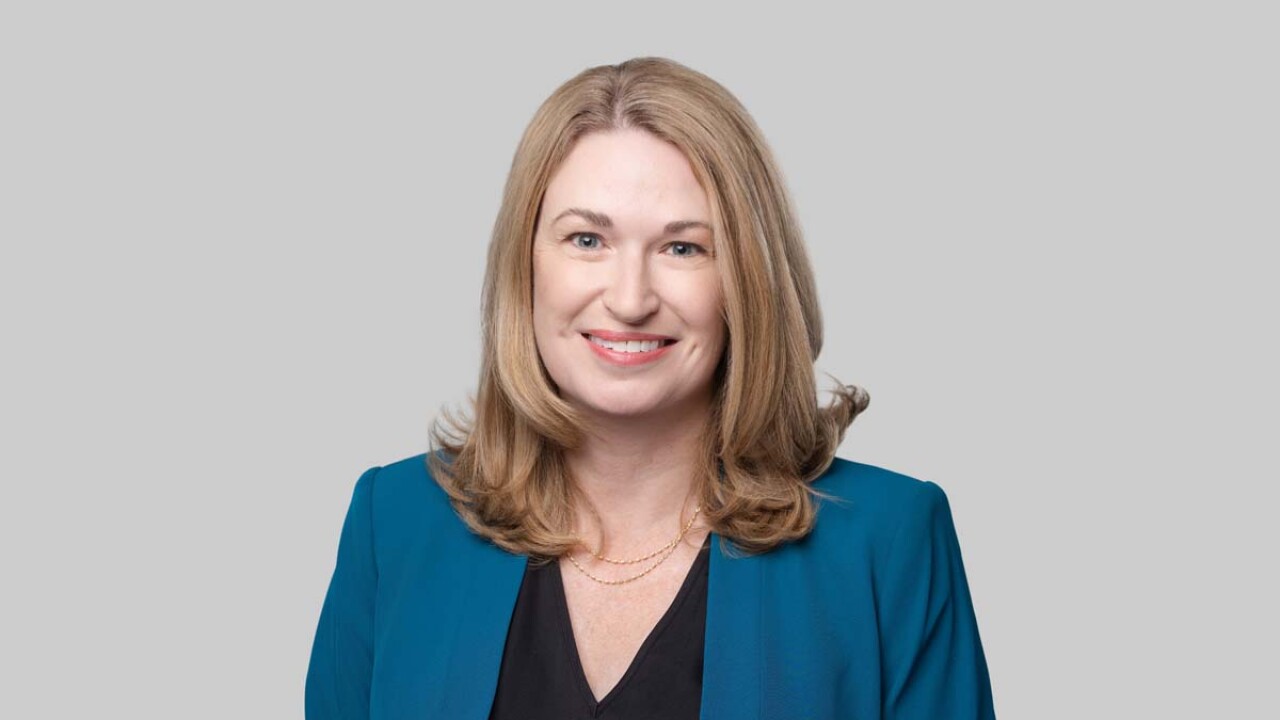After years on the back burner, the Securities and Exchange Commission's rule governing mutual fund marketing fees is in store for a "complete overhaul," according to commission chairman Christopher Cox.
Fees paid under Rule 12b-1, adopted in 1980, provide nearly $12 billion a year from mutual fund assets to the broker-dealers, banks, insurance companies, financial planners and fund platforms that market and distribute the funds. The fees are levied by more than 70% of all U.S. mutual funds, in an industry that has over $11 trillion in assets and more than 90 million shareholders.
The SEC recently completed a reevaluation of 12b-1, and the commission's division of investment management is set to issue a rule proposal this spring. In a speech on Feb. 8 at the Practising Law Institute in Washington, D.C., Cox called the coming proposal a "major rulemaking." There is considerable nervousness in the industry about the impact any major changes will have on mutual funds, as well as on the brokers, financial planners and others who rely on trailing commissions provided by 12b-1 fees as a major source of income.
Potential 12b-1 changes are a major concern for the Investment Company Institute (ICI), the mutual fund industry's Washington-based trade association, which is a staunch defender of the rule in its current form. In a September speech at an American Enterprise Institute conference in Washington, ICI president and CEO Paul Schott Stevens said that the rule "has played a significant part in the development of the modern fund business."
Stevens added that 12b-1 is "essential to a complex infrastructure that makes mutual fund investing available to millions of investors." While the SEC is "right to take stock of how the rule is working," he said, the solution is not to make major alterations but to improve disclosure, including requiring brokers and other financial intermediaries to inform customers directly about 12b-1 fees and other compensation they receive.
"The commission should recognize that the rule, for all the ways it might be improved, is basically a success story," Stevens said.
"We support clearer disclosure covering the distribution fees and are continuing to monitor the commission's thinking," said ICI Director of Media Relations Michael Shore.
The Securities Industry & Financial Markets Association (SIFMA) also says that wholesale changes would be a mistake. "We don't think there is anything fundamentally wrong with Rule 12b-1," said Sifma managing director and associate general counsel Michael Udoff. "We feel there could be some disclosure enhancements, to describe more clearly what fees are used for."
In a July comment letter to the SEC, Ira Hammerman, Sifma's senior managing director and general counsel, said that although "it may be appropriate to improve disclosures for the benefit of investors and fund boards, it would be a major mistake for the SEC to withdraw or substantially curtail Rule 12b-1."
Not surprisingly, some SEC officials have a different take. At the Practising Law Institute presentation, Robert Plaze, associate director of the SEC's division of investment management, argued that brokers, not fund companies, should set their marketing fees. Investors need to understand that 12b-1 fees are much like sales charges, he said.
A Call for Elimination
Other critics would go further. In an article published on the Morningstar website in April, Andrew Gogerty, an analyst with Chicago-based investment research firm Morningstar, argued that the rule, in its current form, should be eliminated. One reason, said Gogerty, is that it has not fulfilled its original purpose, which was to impose an upfront charge that would allow shareholders to benefit from lower overall costs as fund assets grew. Since 12b-1 fees have not provided investors with substantially greater economies of scale, there is no longer a need for the charges, Gogerty argued.
But even at Morningstar, there is little consensus. Morningstar managing director Don Phillips said in an interview that better disclosure is the preferred route. Over time, as mutual funds have created more share classes with different fee structures, "there has been a shift from an upfront sales charge to ongoing support for activities like custody and recordkeeping," said Phillips. "12b-1 fees pay for things that investors clearly get value from. Investors would vote with their dollars to continue to get these services."
This is a critical issue for investors and brokerages, explained Phillips, "because they have structured their relationship around the rules as they are written. Having so many activities supported under the 12b-1 umbrella, and having the labels so opaque, can be confusing. The SEC should get all mutual fund costs into a much more clearly labeled system."
Public statements by SEC officials have produced mixed signals. Speaking at an ICI conference on Dec. 6 in Washington, Andrew Donohue, director of the SEC's Division of Investment Management, acknowledged that "many observers, including me, believe that the rule in its current form is broken." Donohue listed revisions to Rule 12b-1 as his top priority for 2008. Specific problems, he noted, include a need for truth in labeling, the obligation to treat fund investors fairly in each retail share class, and whether individuals in certain classes are paying more than the maximum sales loads and fees as set by NASD-now the Financial Industry Regulatory Authority-rules.
Still, "Rule 12b-1 has funded important and meaningful services for investors," Donohue said, "and the division does not want to dismantle the good with the bad."
Whichever direction the SEC takes, Phillips said that he believes time is not on the side of major 12b-1 reforms. During the current administration's remaining 10 months, "I would be surprised if we see 12b-1 fees eliminated or externalized," he said. "Better labeling and better disclosure is the right outcome."
(c) 2008 Money Management Executive and SourceMedia, Inc. All Rights Reserved.
http://www.mmexecutive.com http://www.sourcemedia.com





